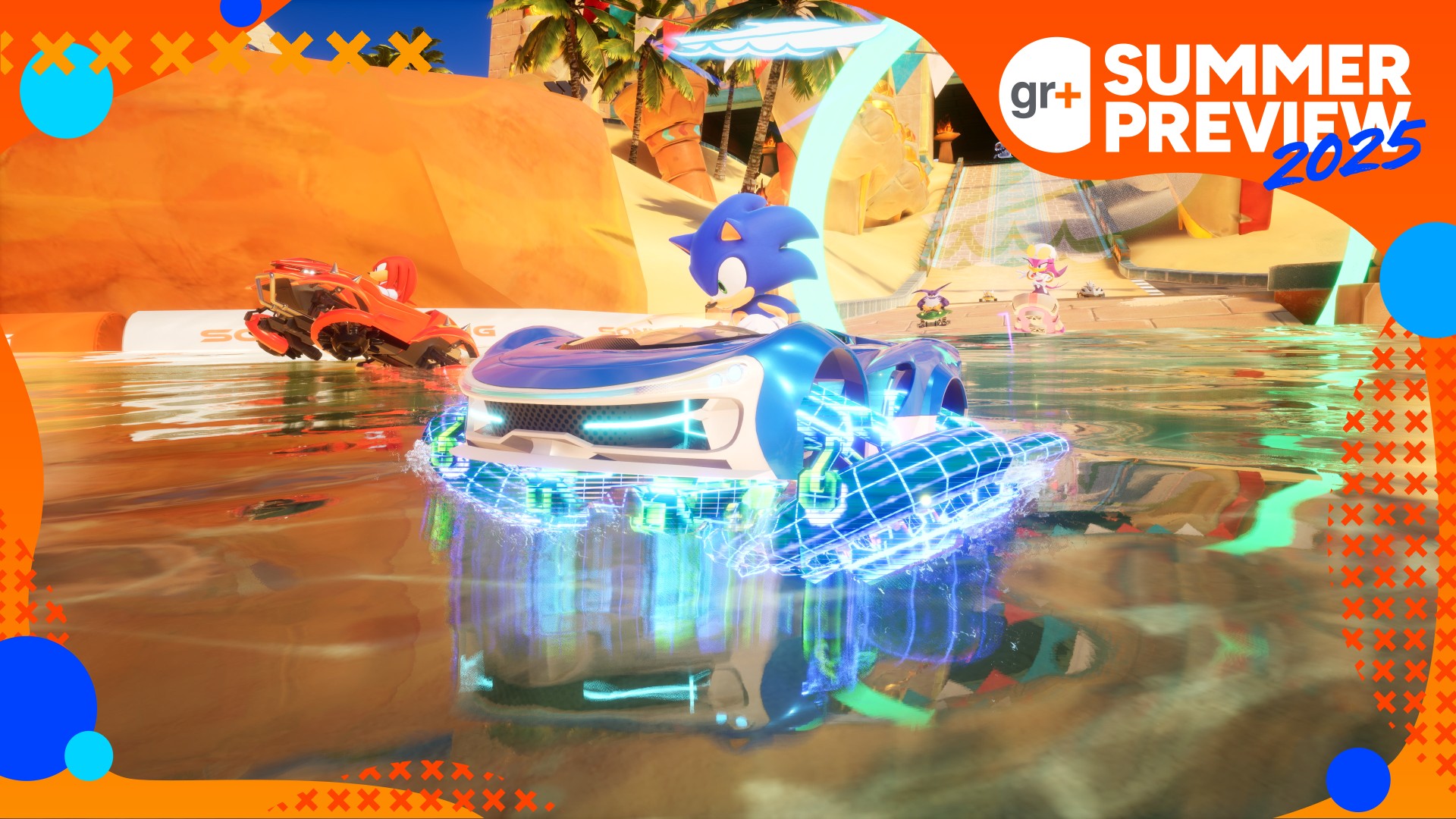Gaming Industry Faces Pricing Backlash as Mario Kart World and Sonic Racing Crossworlds Spark Consumer Debate
The gaming industry is grappling with a pricing controversy that has exposed deep divisions in how consumers perceive value across different publishers. Nintendo's upcoming Mario Kart World, priced at $80, has drawn significantly more criticism than Sega's Sonic Racing Crossworlds, despite the latter carrying a $70 standard price tag and $90 deluxe edition that many argue offers less base content.
The disparity in consumer reactions has sparked discussions about double standards in gaming communities, particularly on platforms like Reddit where thousands of users have weighed in on the pricing strategies. Industry observers note that while both games represent premium pricing approaches, Nintendo faces harsher scrutiny despite offering what appears to be more complete content at launch.

According to community discussions analyzed across major gaming forums, the controversy stems from fundamental differences in how publishers approach game pricing and content delivery. Sega's strategy follows the increasingly common industry practice of releasing games at standard prices while planning extensive DLC rollouts, while Nintendo's approach appears to front-load content at a higher initial price point.
Consumer sentiment reveals complex factors driving the backlash beyond simple price comparisons. Many users cite Nintendo's historically rare discount practices as a key concern, noting that the $80 price tag represents a long-term commitment since Nintendo titles rarely see significant price reductions. In contrast, Sega games typically receive discounts within months of release, effectively lowering the barrier to entry for price-conscious consumers.
The debate has also highlighted shifting expectations around game development costs and value propositions. Some community members argue that modern AAA game development justifies higher prices, particularly when games include enhanced performance features and expanded content. Others express frustration with what they perceive as incomplete games being sold at premium prices, regardless of the publisher.
Industry Trends and Consumer Expectations
The controversy reflects broader industry tensions over monetization strategies that have evolved significantly in recent years. The traditional model of complete games sold at fixed prices has given way to complex ecosystems involving season passes, downloadable content, and ongoing service models that can dramatically increase total ownership costs.
Market analysts suggest that the disparity in consumer reactions may reflect deeper brand perceptions and expectations. Nintendo's reputation for delivering complete, polished experiences at launch creates higher expectations for value, while consumers may be more accepting of Sega's DLC-heavy approach due to different historical precedents and brand positioning.
The discussion has also revealed skepticism about whether online outrage translates to actual purchasing decisions. Several industry observers note that despite vocal criticism, both games are expected to perform well commercially, suggesting that passionate online debates may not accurately reflect broader consumer sentiment or purchasing behavior.
As the gaming industry continues to experiment with pricing models, the Mario Kart World and Sonic Racing Crossworlds controversy serves as a case study in how consumer perceptions, brand expectations, and value propositions intersect in an increasingly complex marketplace. The outcome of these pricing strategies will likely influence how other major publishers approach similar decisions in the competitive racing game segment and beyond.
